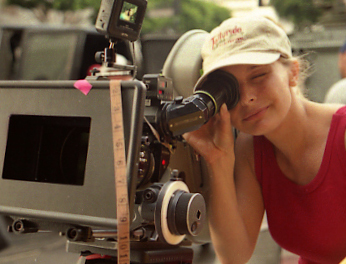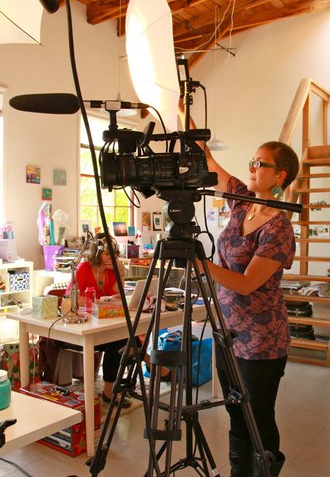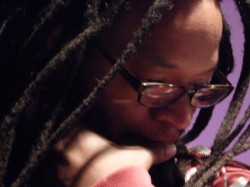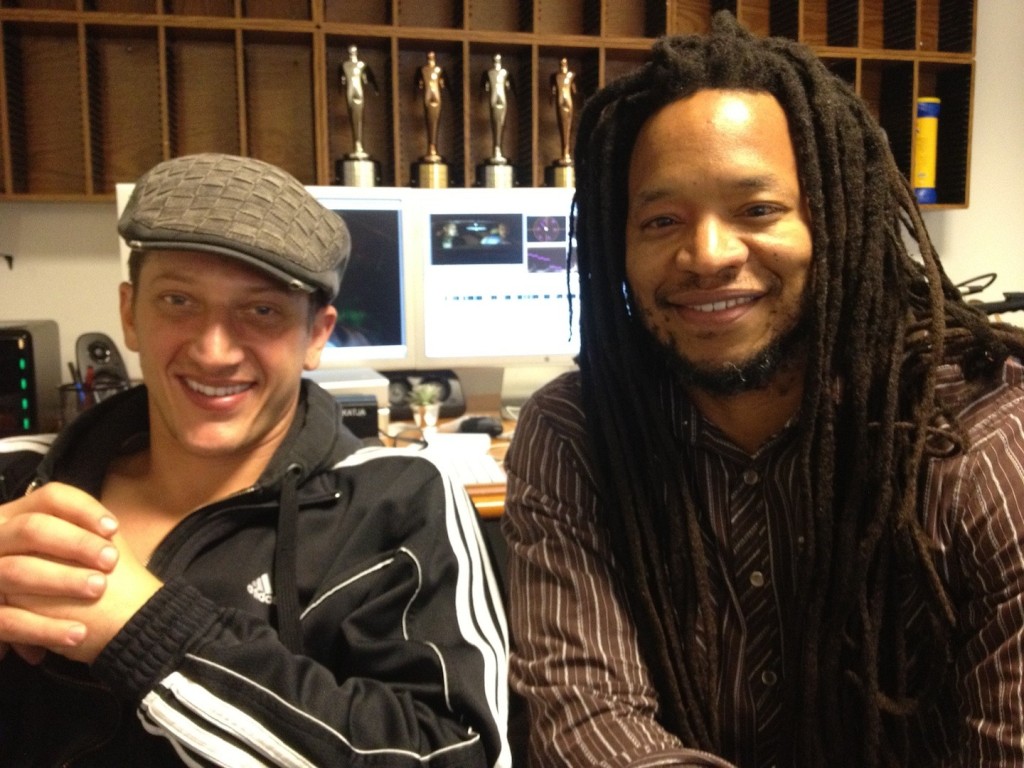The Inside Scoop: Writer-Director Carl Seaton
When you first meet writer/director Carl Seaton, the word solid comes to mind – both in presence and in essence. Dude is serious. An auteur rooted in his craft, and point of view, a Brother with a purpose. We took a moment to discuss his latest offering to our series with Turn Down For What.
Tell me about the concept for your second hard-hitting FSC episode, Turn Down For What?
The idea came up after I heard Mr. Stand your ground was going to do a celebrity boxing match where he would fight DMX. The fact that he is viewed as a celebrity didn’t sit well with me so I started bouncing around various scenarios. I’m also a student of history and when I read about the historical reference I mentioned in the piece it affected me deeply on multiple levels.
This was also written and shot months before Ferguson occurred and the #blacklivesmatter movement began. In this social media age things get a lot of attention then everyone moves on to the next sensationalized topic. I didn’t want the senseless murder of Trayvon to fade in to obscurity ever.
It was also done to reflect the frustration that a lot of men feel about the depiction black men and boys in the country. That is why I felt it would resonate when we find out there professions.
What would you say to those who find the subject matter controversial?
It is meant to be controversial as well as polarizing but more importantly I hope that it provokes discussion and gives insight in to the intellect, frustration, and sensitivity of African American men.
What is the most important thing for you as an artist, as a filmmaker? What inspires you?
The mantra that I live by is “Art is the lie that allows us to see the truth.” As an artist the most important thing to me is telling authentic stories that elevate, inspire, and effect the audience. Great storytelling inspires me. A film like #whiplash which is a small film about a drummer is an amazing story with a great theme that inspired me recently. Game changing content inspires me as well but it’s not just film or TV, it can be music, a photo, or even a quote.
When casting for your FSC episodes, what is your process for selecting the right actors? What do you look for?
I am fortunate to know so many extremely talented actors personally that I have seen in other films, web series, and in the theater. I look at a lot of things and make mental notes on people to watch. What I look for is an actors investment in the performance. I’ve seen very bad films with great performances by actors.
Some would say this is an opportune time for Black cinema and television, while others point to the lack of diversity at award shows as an indicator of how far we are from full representation. Is there anything in particular you would you like to see going forward in regards to african american filmmakers?
Yes diversity is a huge topic of discussion right now but more importantly the industry is shifting away from the the normal distribution outlets. The millennials are showing us all how to generate content while building Your audience that will follow you wherever you go. This ideology of self empowerment is the kind of thing that will shift the standard way of how things have gone before.
Any upcoming projects you can share with our viewers?
I’m currently working on two different features LINE, a dramedy about brotherhood and W4M, an erotic thriller.


 This week we get a twofer: writer of What now? Bradd Bowden, and his childhood friend, producer of Front Seat Chronicles, Josh Feinman, who also directed this week’s episode.
This week we get a twofer: writer of What now? Bradd Bowden, and his childhood friend, producer of Front Seat Chronicles, Josh Feinman, who also directed this week’s episode. This week we continue the inside scoop with actor, producer, writer and director – Elle Travis – in conversation with Producer Allen Sowelle.
This week we continue the inside scoop with actor, producer, writer and director – Elle Travis – in conversation with Producer Allen Sowelle.

 We reached out to writer Scott Kassel to get the inside scoop on Every Other Weekend.
We reached out to writer Scott Kassel to get the inside scoop on Every Other Weekend.

